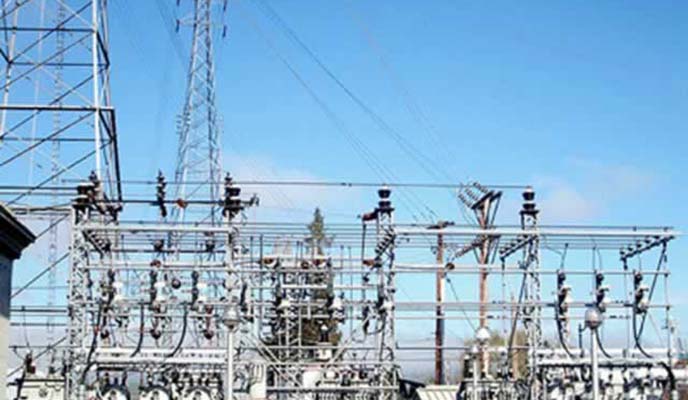
Zimbabwe’s State electricity distribution company has asked industrial customers to pay in advance in foreign currency for power imported from South Africa and Mozambique, as generation from the Kariba South hydropower plant slumps and because of a dollar shortage in the country.
Bloomberg
“Zimbabwe is importing a significant amount of its power from South Africa and Mozambique, mainly due to depressed generation from Kariba,” the Confederation of Zimbabwe Industries said in a letter to its members late last month.
“There have been challenges in foreign currency payments to support these power imports and ensure continued supply of power.”
Power production from the Kariba power plant has fallen as a drought has left the reservoir levels at their lowest in decades, while the country has been short of foreign currency for months, leading to the non-payment of salaries to government workers and limits on withdrawals from cash machines.
Zimbabwe buys power from South Africa’s Eskom Holdings, SOC Ltd and Mozambique’s Cahora Bassa hydropower plant. The country abandoned its own currency in 2009 and now mainly uses the dollar.
Power in the country is distributed by the Zimbabwe Electricity Transmission and Distribution Company, while Zesa Holdings oversees the industry.
Josh Chifamba, the chief executive officer of Zesa Holdings, last month warned of power cuts due to dollar shortages, saying that while $5 million was needed a week for power imports, the Reserve Bank was only allocating it $1,5m.











